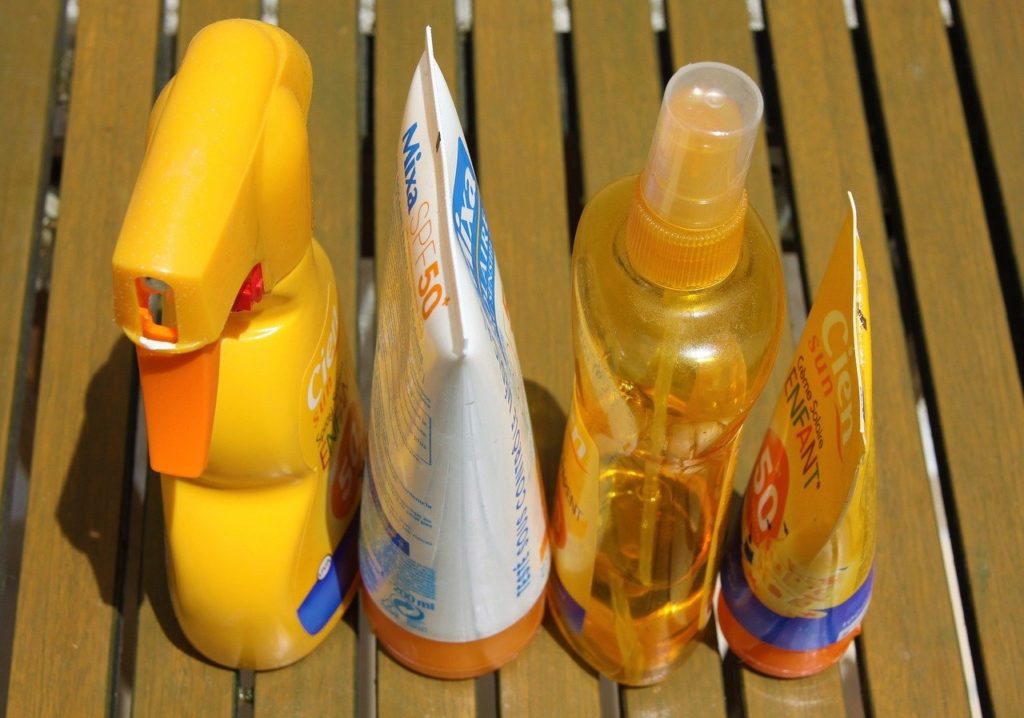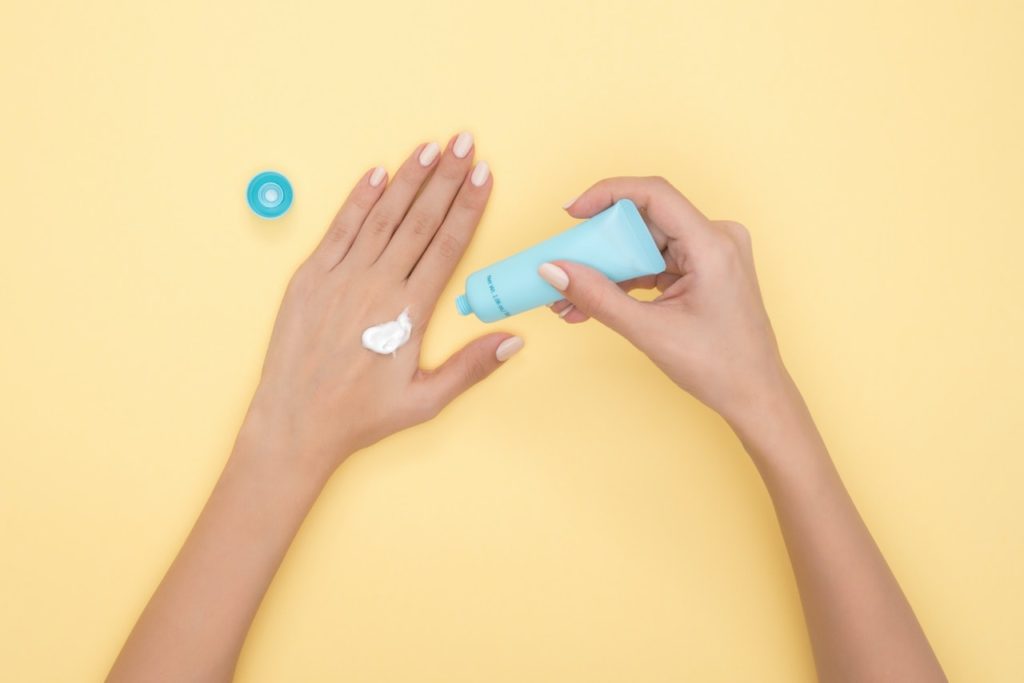The sun is essential to life on Earth. No organism can survive without heat, nor can most organisms survive with too much or too little heat. We here on Earth are lucky to have an ozone layer that acts as a shield and calibrator for the amount of sunlight (radiation) we get.
Studies have shown that prolonged sun exposure can lead to various issues even though it remains a great source of getting free Vitamin D. And while sunscreens have been around for some time, there are increasingly good reasons why they should make up part of your daily skincare routine.
The first is that the ozone layer doesn’t filter out harmful ultraviolet rays (UVA and UVB) from reaching the Earth’s surface. UVB affects the outer layer of our skin, producing / leading to the production of sunburns, freckles and hyperpigmentation. UVA, conversely, can penetrate through the deeper layers of our skin leading to longer-term damage like skin cancer and photo-aging.
The second reason involves the thinning of the ozone layer, meaning even those rays that were effectively filtered out are now more likely to reach us.
These issues can be minimized by incorporating the use of sunscreen as part of your daily routine.
Types of Sunscreen

There are two categories of sunscreen, namely chemical sunscreen and physical (or mineral) sunscreen.
1. Physical / Mineral Sunscreen
Mineral sunscreens typically contain mineral filters zinc oxide and titanium dioxide. Physical sunscreens sit on top of the skin and deflect the sun’s harmful rays. These two ingredients often leave a white cast and have a thicker consistency. This type of sunscreen is more popular, as they are less irritating to sensitive skin compared to the chemical filters found in chemical sunscreens.
Keep in mind that these mineral filters offer less protection from UVA rays.
2. Chemical Sunscreen
The common ingredients typically found in chemical sunscreens are Avobenzone, Homosalate and Octocrylene. Some prefer using chemical over physical sunscreens, as the former doesn’t leave any white cast. They also usually come in a much thinner consistency.
Chemical sunscreen can sometimes cause irritation and allergic reactions for people with sensitive skin. We recommend that you do a patch test beforehand to assess the sunscreen’s suitability.
When You Should Use Sunscreens?

This one is a no-brainer because the word sunscreen clearly implies the relevant usage context. When you should use sunscreen can also depends factors such as:
- your skin’s sensitivity to sun exposure;
- the amount of time that you intend to spend exposed to sunlight;
- the time of day;
- the current weather condition; and
- your genetics.
Most sunscreens should be applied 15 to 20 minutes before coming under direct sunlight exposure, and reapplied every 2 hours. This is because the long exposure to the sun can degrade the sunscreen’s effectiveness.
How to Choose Your Sunscreen

Choosing the perfect sunscreen that works best for your skin type can be a bit confusing and overwhelming. Of course, picking the perfect sunscreen could also depend on the brand and the formulation of sunscreen product. Here are factors you should be looking out for when choosing a sunscreen:
1. SPF (Sun Protection Factor)
These sun protection factor refers to the range of the protection the product provides against the sun’s UVB rays. It is best to use sunscreen with SPF 30 or higher when perforing outdoor activities, and SPF 15 for everyday occasional exposure.
However, SPF itself does not necessarily protect our skin from UVA rays that penetrates deeper into our skin. You need to make sure that the sunscreen covers a broad ray spectrum (UVA and UVB).
2. Skin Types
Of course, looking out for products that suits your specific skin type is just as important as you would do so when looking out for skincare products. It is important to choose a sunscreen product that has the right texture and formulation. Here are some sunscreen recommendations for your skin type.
- Dry skin: Certain sunscreens can dry out your skin, so it is best to look for those that hydrates and moisturizes your skin. Try checking the sunscreen’s description to see if it is listed as such.
- Oily skin / Acne Prone skin: Certain sunscreens can easily aggravate people with oily and acne-prone skin. Look for sunscreens that will not clog your pores while still satisfying your other criteria.
- Normal to Combination skin: Some sunscreens can leave an uneven finish as it may be shiny on the oily areas of your body, particularly around your face. You can alleviate this issue by using sunscreens with mattifying properties.
- Sensitive skin: The active ingredients present in some sunscreens can cause skin irritation to some people. Try asking for some sunscreen samples before making a final buying decision.
We hope the above has convinced you of the importance of using sunscreen as part of your daily skincare regimen.




